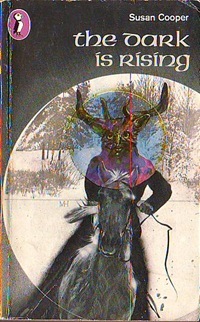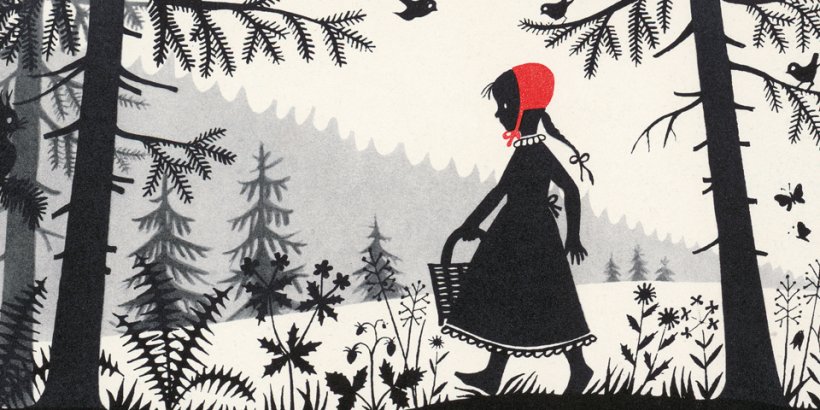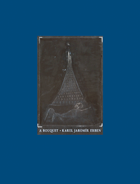On the evening in question this new service took the form of the following piece of advice:
DO NOT ACCEPT STRANGERS HELP.
Given that this message emanated from a multi-national corporate uber-globule (I'm sure the designation is technically correct), we must surely rule out the possibility that an apostrophe is missing from 'strangers', and therefore conclude that I was being advised to reject, without qualification, the proposition that those unknown to us can render any form of real assistance. This, of course, places the Hertford cash facility - as a social and moral philosopher - in opposition to such luminaries as Tennessee Williams and The Bible, but then again when did they last provide anyone with £20.00 and a list of their most recent transactions.
I waited for some time to see if the machine might either expand upon or add to this nugget, so that I would leave further enriched in mind and spirit as well as wallet, but - although it waxed eloquent on index-tethered isa compounds and double-indemnified mortgage bonds (more or less), no further mechanical Montaigne moments occurred. I was hoping it might have enlightened me on the paradox of light being a wave and a particle, or even advised me to 'neither a borrower nor a lender be', which would have been amusingly ironic, but alas, it was not the case.
I waved a sad farewell to my Aphoristic Trivia Machine and strode off to encounter the 16.39 to Stevenage, bristling with a new propensity to shun the assistance of anyone to whom I had not been properly introduced.
I waited for some time to see if the machine might either expand upon or add to this nugget, so that I would leave further enriched in mind and spirit as well as wallet, but - although it waxed eloquent on index-tethered isa compounds and double-indemnified mortgage bonds (more or less), no further mechanical Montaigne moments occurred. I was hoping it might have enlightened me on the paradox of light being a wave and a particle, or even advised me to 'neither a borrower nor a lender be', which would have been amusingly ironic, but alas, it was not the case.
I waved a sad farewell to my Aphoristic Trivia Machine and strode off to encounter the 16.39 to Stevenage, bristling with a new propensity to shun the assistance of anyone to whom I had not been properly introduced.







.jpg/200px-Jheronimus_Bosch_(cropped).jpg)